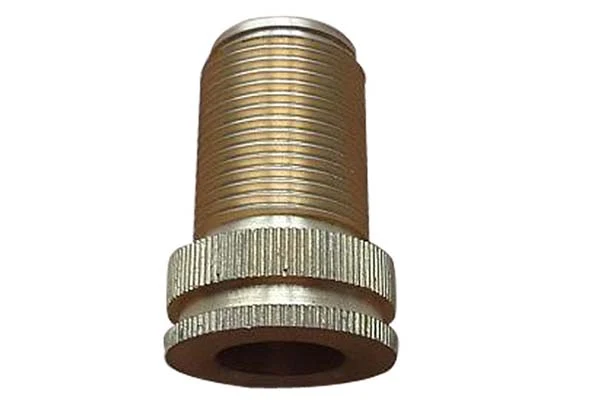Introduction
In the fast - paced and highly competitive landscape of modern manufacturing, precision, efficiency, and cost - effectiveness are the cornerstones of success. Among the many technological advancements that have revolutionized the manufacturing sector, Computer Numerical Control (CNC) machining has emerged as a game - changer. A CNC machining factory, equipped with state - of - the - art CNC machines, plays a pivotal role in meeting the diverse and exacting demands of various industries.
Given the far - reaching impact and importance of CNC machining factories in modern manufacturing, it is essential to understand the numerous advantages they offer. In the following sections, we will delve into the key benefits of using a CNC machining factory, exploring how it can enhance efficiency, reduce costs, improve product quality, and enable the production of complex and innovative designs.
1. High Precision and Consistency
1.1 Precision in CNC Machining
CNC machining is renowned for its high - precision capabilities. In a CNC machining factory, the precision achieved can be as high as the micron level. For instance, in the aerospace industry, components such as turbine engine blades need to be manufactured with extreme precision. These blades operate under high - temperature and high - pressure conditions, and even the slightest deviation in their shape or dimensions can lead to catastrophic failures. CNC machines can achieve a precision of ±0.001 mm or even higher in some advanced setups, ensuring that the engine blades meet the strictest performance and safety standards.
In the medical industry, the production of implants like hip replacements and knee implants also demands exceptional precision. A hip implant, for example, must fit perfectly into the patient's hip joint to ensure proper function and long - term stability. CNC machining allows for the production of these implants with tight tolerances, typically within the range of ±0.01 - 0.05 mm, which is crucial for patient comfort and the success of the surgical procedure. This high level of precision is far beyond what traditional manual machining can achieve, as it eliminates human - induced errors such as hand tremors and inconsistent cutting forces.
1.2 Ensuring Consistency
When it comes to consistency, CNC machining stands out in comparison to traditional machining methods. In traditional machining, each part is essentially a unique product, even when produced in batches. Human operators may vary slightly in their techniques from one part to another, resulting in differences in the final product.
Consider a production run of 1000 automotive engine parts. In traditional machining, the parts may have a size deviation range of ±0.2 - 0.5 mm. This variation can lead to issues in engine performance, such as uneven fuel combustion and increased wear and tear on engine components. In contrast, in a CNC machining factory, the same engine parts can be produced with a much smaller size deviation range, typically within ±0.01 - 0.03 mm. The following table clearly shows the difference:
| Machining Method | Size Deviation Range for Engine Parts | Impact on Engine Performance |
| Traditional Machining | ±0.2 - 0.5 mm | Uneven fuel combustion, increased wear and tear |
| CNC Machining | ±0.01 - 0.03 mm | Consistent performance, reduced wear |
This high level of consistency in CNC - machined parts is due to the automated and programmed nature of the process. Once the CNC program is set up correctly, the machine will repeat the same operations with the same precision for every part in the production run. This is especially important for large - scale production, where thousands or even millions of parts need to be produced with identical specifications. It ensures that every product leaving the factory meets the same high - quality standards, reducing the need for costly inspections and rework.
more What are Advantages of Using a CNC Machining Factory?

No comments:
Post a Comment